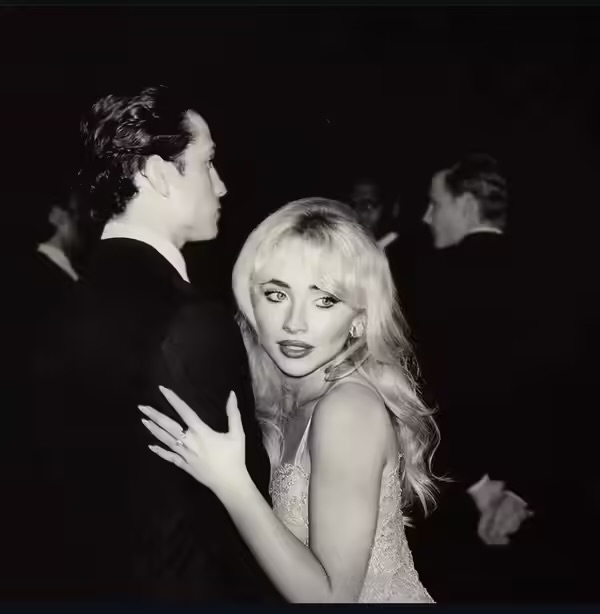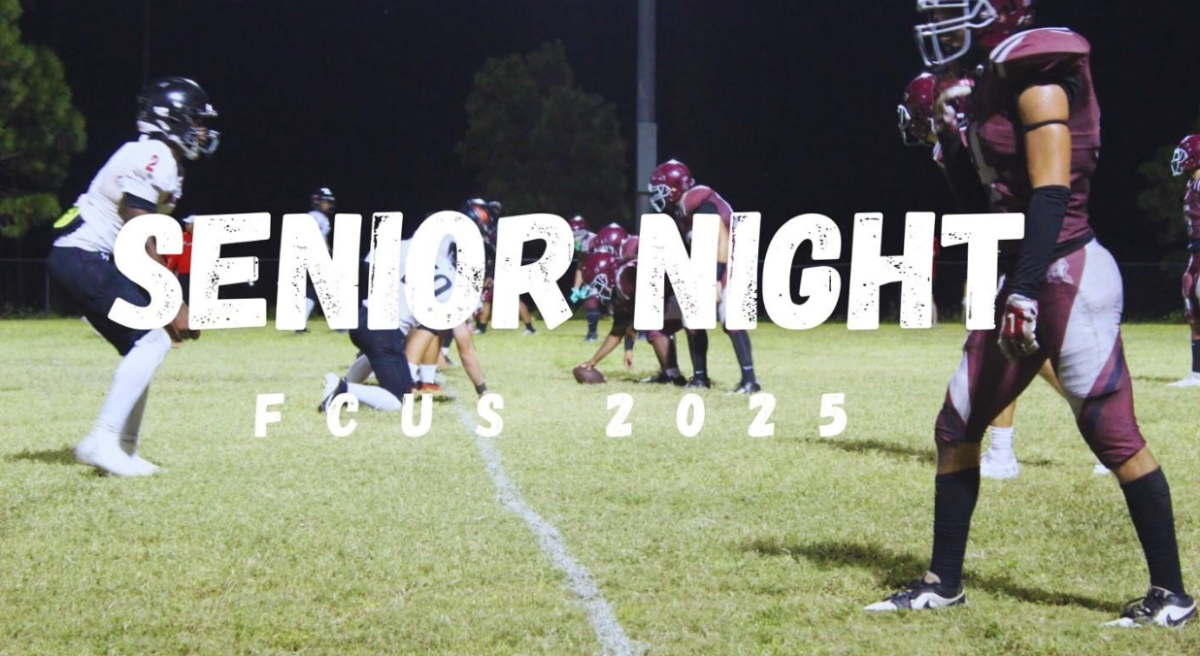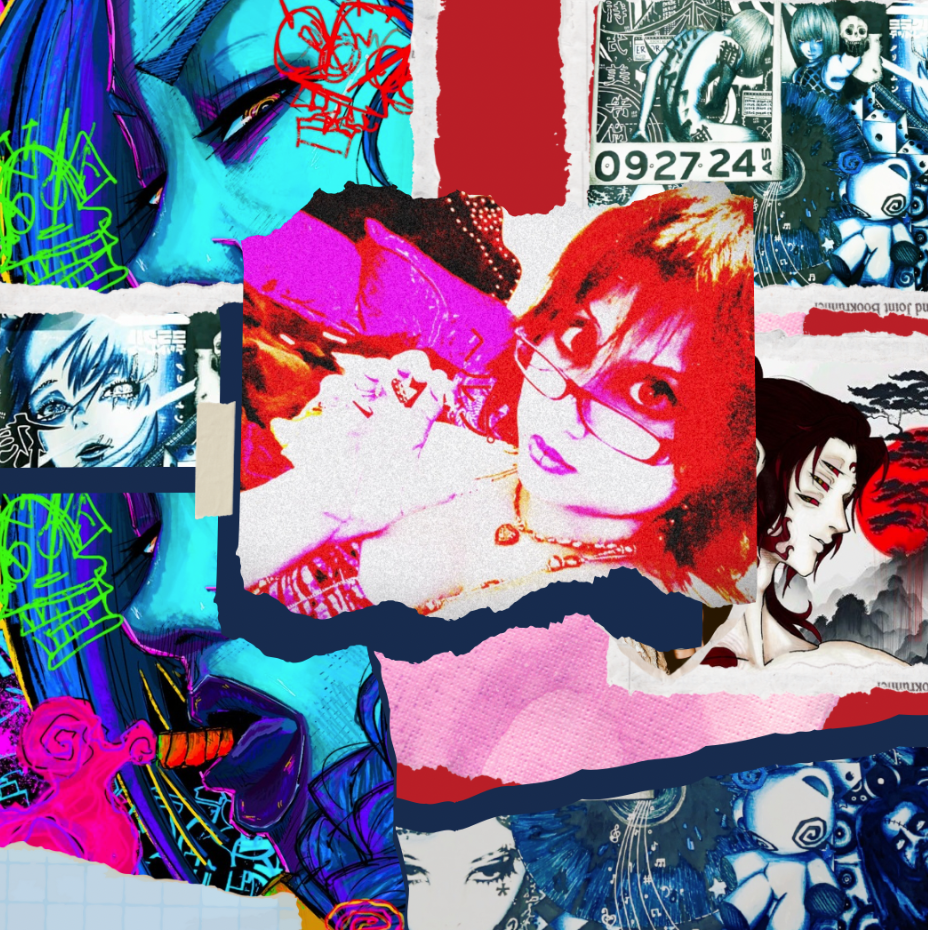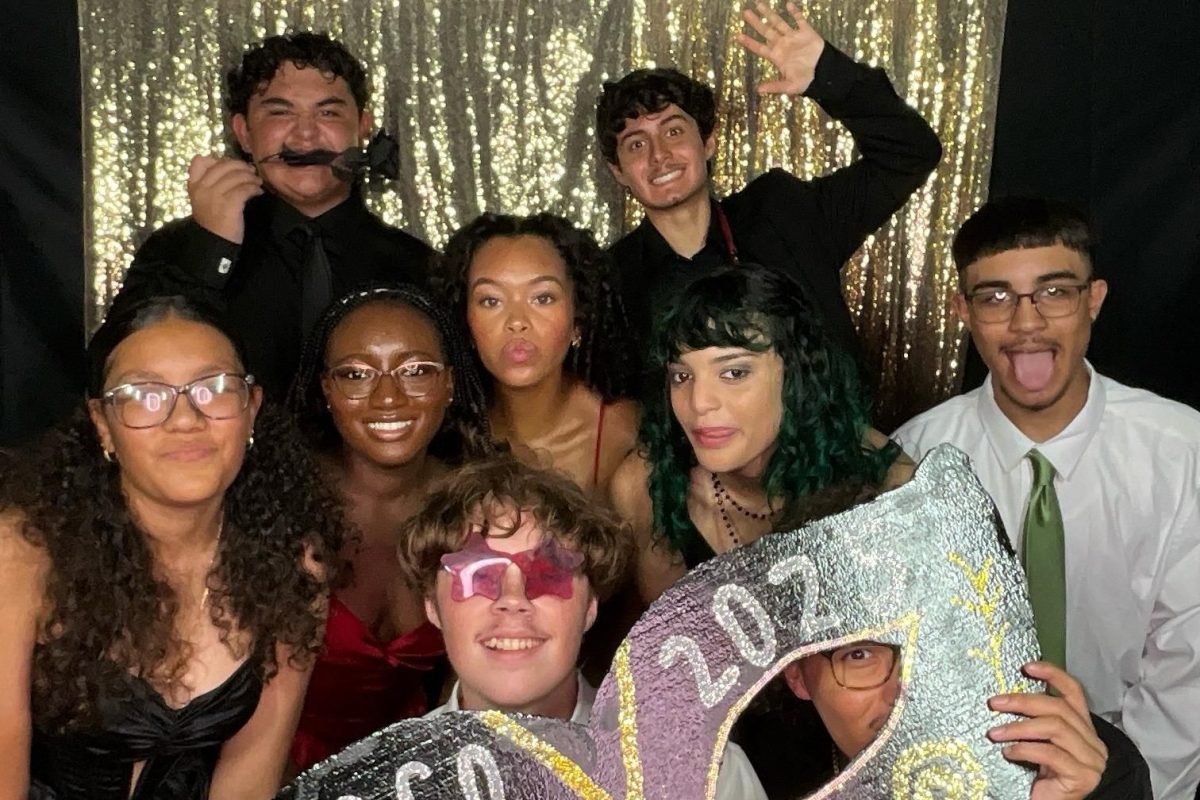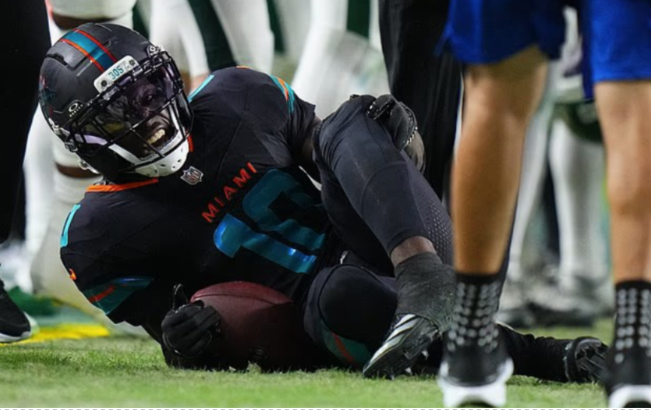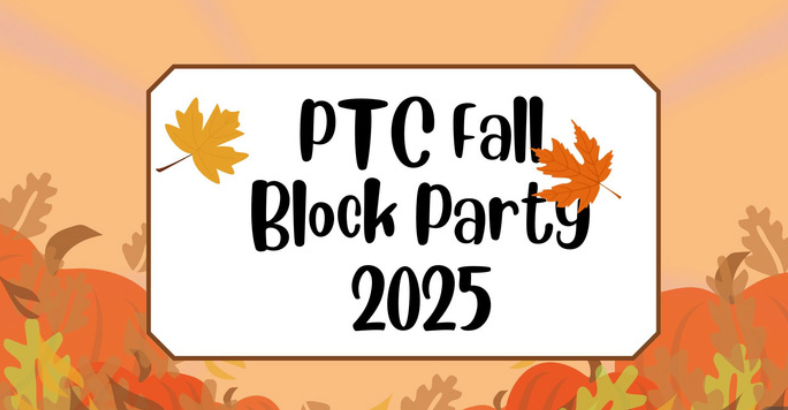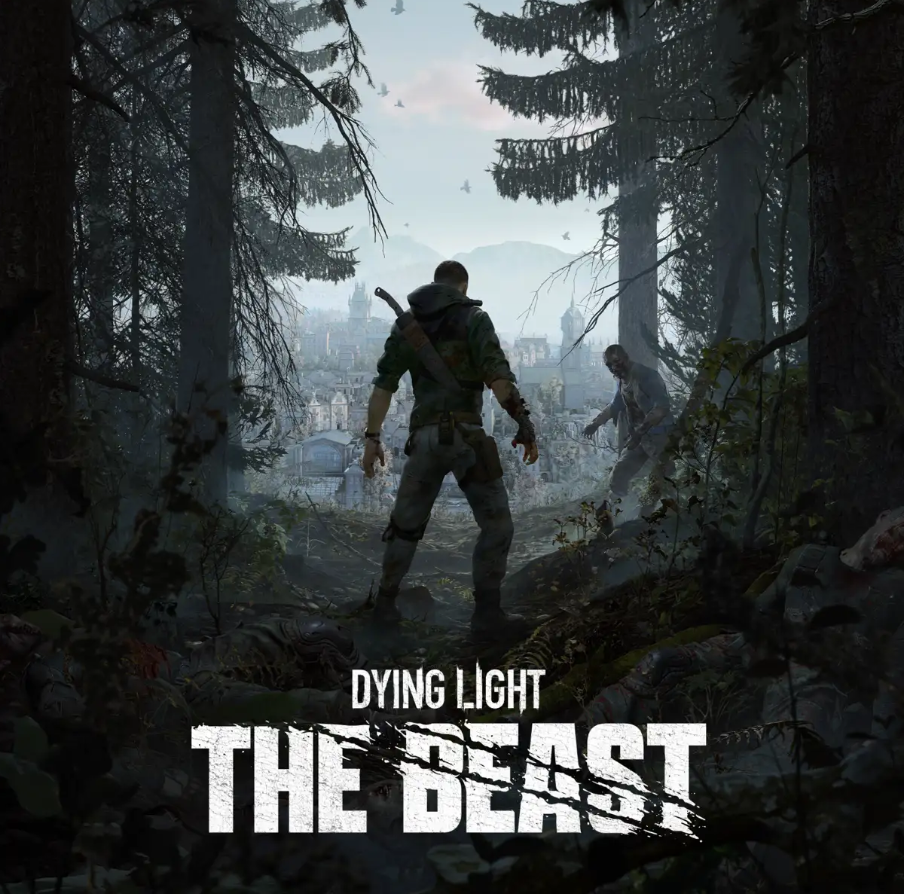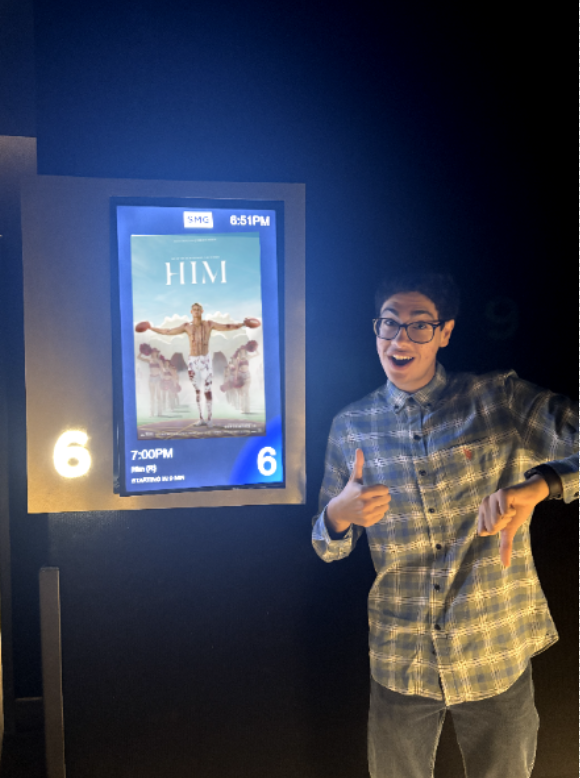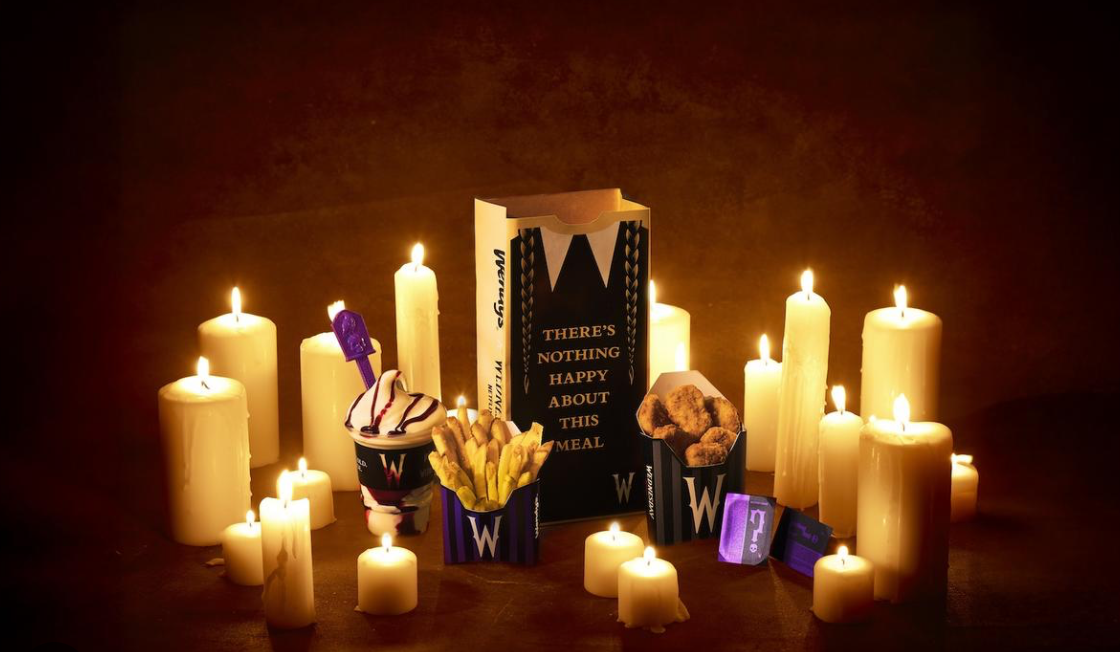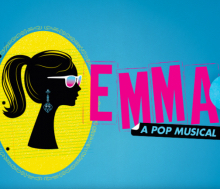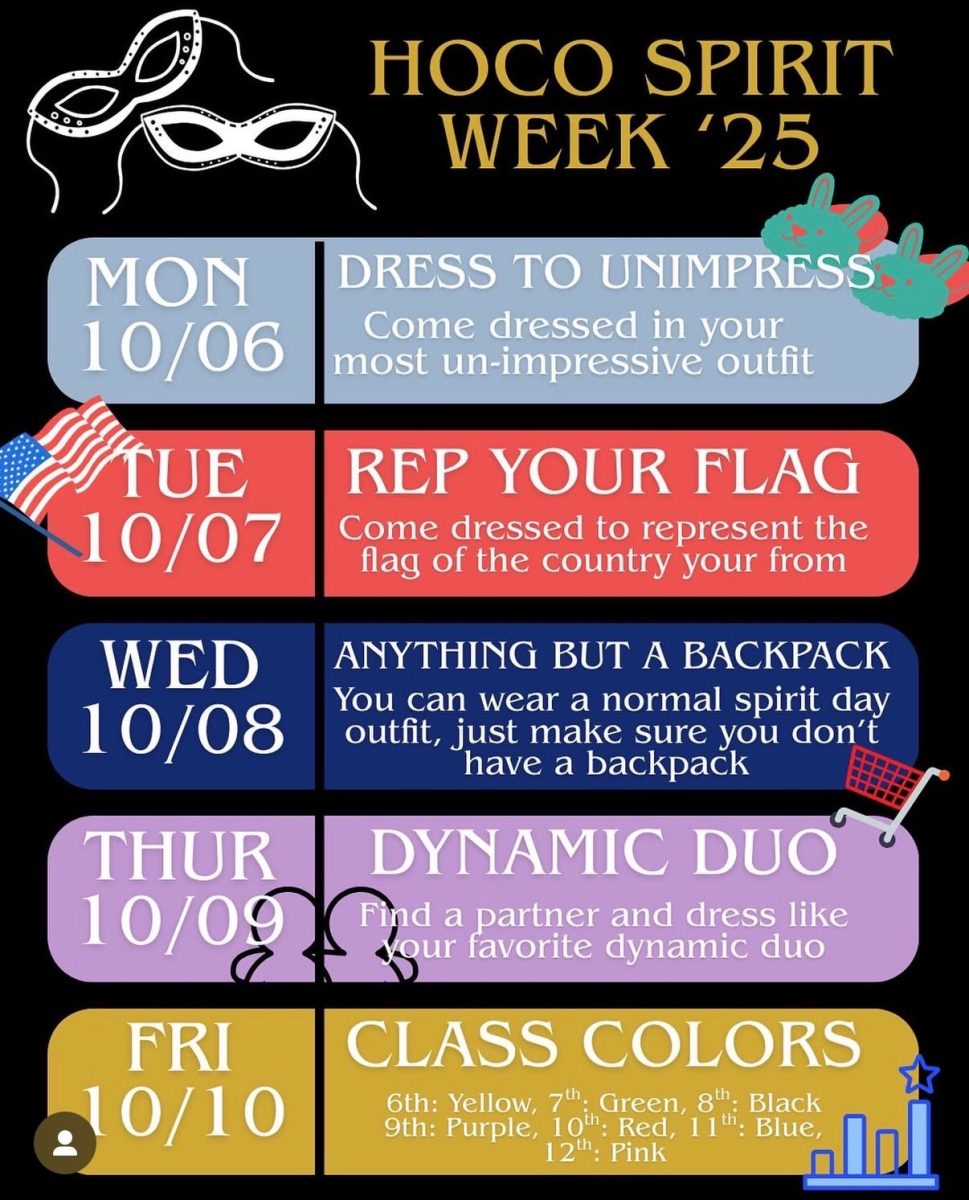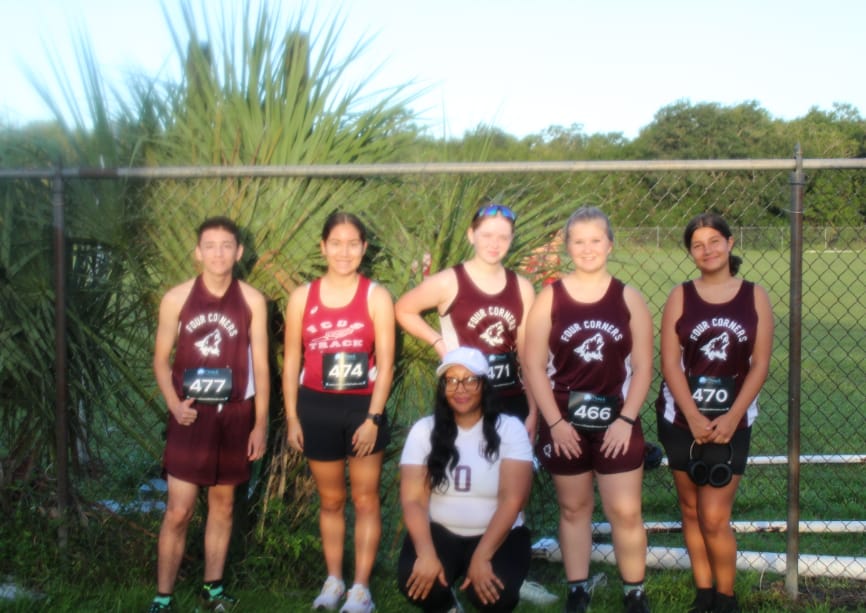Man’s best friend is the seventh and latest studio album from singer and actress Sabrina Carpenter.
Since its highly anticipated release on August 29th , Carpenter’s album has already earned over 64.4 million first day streams on Spotify’s global chart. The album also set a record, as Spotify’s most streamed album in a single day by a female artist in 2025.
This eventually led to all 12 tracks charting in Spotify’s U.S. and Global Top 20.
Throughout the pop centered album, Carpenter also includes songs from a wider range of genres like soft-pop, disco, and R&B. Although the genres of the songs shift often, the themes represented in the tracks do not change as much.
I found that at least half the tracks on the album share the general theme of being stuck in a continuous cycle of falling in love only to be disappointed or left heart broken by a man. I believe that this is intentionally apparent in order to highlight Carpenters recent issues with men and appeal to the relatability of the situation. This theme is even present from the very start in the hit lead single Manchild.
Manchild, a Synth Pop song, includes country elements used to reflect the plethora of men she gets romantically involved with, but end up being “incompetent, slow, stupid” or as she refers to them as man-children. The song is definitely very catchy, but it is slowly approaching the overplayed side of music, which caused me not to enjoy it as much as I did when I first time I listened to the song.
The next couple of tracks tread around the same idea of looking for a man that can treat her right. These songs range from Disco to Pop or Soft-Pop, which are probably my favorite genres.
Tears, her second lead single, is about her desire for a guy who is responsible and treats her right, we then get to further understand why she has these desires in My man on Willpower and Sugar Talking as they both reflect on a past relationship and how they treated her poorly. Even with their depressing topic, I found these songs to be more uplifting due to the fact that she is able to identify these things and I least working for change rather than letting it be her reality.
What should have been my favorite song from the album, We Almost Broke Up Again, was a cleverly engineered track with strong vocals that I feel was held back by its lyrics. The song describes being stuck in an endless cycle of almost breaking up with a guy just to go back to him in the end, which is something I realize is a real problem but not something I want to listen about in a song, all it does is inflict me with sad emotion which is the opposite thing I want to feel when listing to music.
When it comes to the most fun song out of the album Nobody’s Son definitely takes the cake, it’s cheerful and upbeat melody creates a perfect contrast with the message of the song being that she’s never going to find the guy for her and will be the forever third wheel.
One song I found a little hard to understand was Never Getting Laid. It is a soft-pop track where she shares her problem of not being able to deal with the possibility of a guy she is dating thinking about someone else, so she just lets him go, wishes him a happy life, and is never able to find love again. Even though the song sounded great, like most songs on the album, the lyrics ruin the experience slightly as their coming from a seemingly broken woman with insecurities, which inflicts sadness and, like I stated prior, is not something I want to feel while listening to music.
By track 8, I started to notice a tonal shift that strays away from the more sad and depressing topics and instead replaces them with more positive sides of a relationship. For example, in When Did You Get Hot?, rather than reflecting on the horrible men she dated, she is taking notice of a guy that she’s never realized was attractive all along. This plus the engineering of the song in general, caused it to be one of my favorites from the album.
Go Go Juice slightly goes back to the sad theme shared in the prior tracks, but with a twist. Instead of reflecting back on past relationships, this song uses the country-pop sound to showcase how she uses alcohol to drink her sadness away and her drunk state to bring herself to call the guys she’s dated and see if they still have feelings for her. Which I believe is one of her best uses of the overall theme as it is not as sad as the rest and brings a sort of playful twist to the theme.
Don’t Worry I’ll Make You Worry was definitely my favorite track off the album; its slower, soft-pop pace does not only contribute to making the song sound beautiful, but it also reflects the song’s message. Unlike the depressing style of the first couple tracks, Don’t Worry I’ll Make You Worry uses the slow pace as a way to reflect the control and comfort she now feels in this new relationship.
When it comes to House Tour, however, the funky disco style beat lures you into a feeling of joy, but that feeling is ruined again by the lyrics that I believe are meant to be fun and playful but just ended up making me feel uncomfortable instead.
Goodbye serves as the perfect wrap up to the album, as it not only reverts to the classic pop, but the song is written from the perspective of the end of one of her cycles; however instead this time she’s learned to create boundaries and understand her own self-worth.
Overall, the album is incredibly produced, and Carpenter’s vocals are astonishing but the only thing holding the album back is the depressing and slightly demoralizing lyrics.
8.3/10


